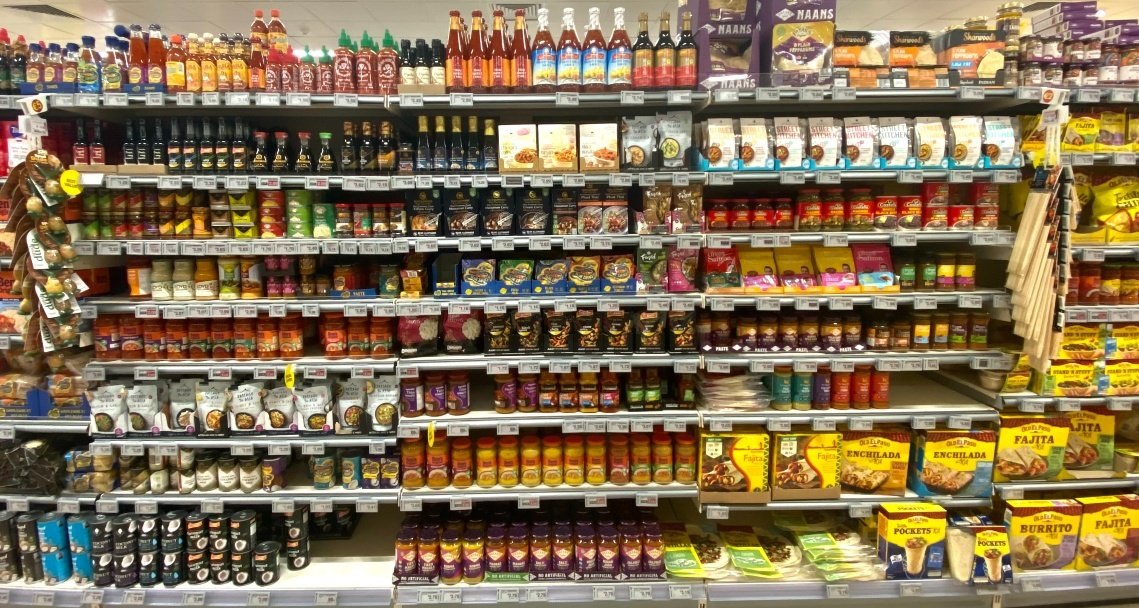TL;DR: US vegans and vegetarians eat out more often than the general public — visiting all types of restaurants more frequently, from casual to fine dining. They care more about healthy, sustainable menus and fair treatment of staff, but less about deals and discounts. Despite this loyalty, satisfaction scores are lower, suggesting many restaurants still fail to fully meet plant-based diners’ expectations.
Kraft Heinz recently announced the removal of artificial dyes from core products such as Lunchables and Kraft Mac & Cheese. General Mills echoed similar intentions following an April announcement from the U.S. Health and Human Services Secretary outlining plans to phase out eight synthetic food dyes from the national food supply. Recent data from YouGov Profiles provides insight into how current customers of both brands view food additives, product labeling, pricing around cleaner ingredients, and public perception of both brands.
Cautious attitudes toward additives
A significant portion of Kraft customers are skeptical about food additives: 49% disagree with the idea that GMOs or additives are harmless, while only 25% agree. The remaining 26% are neutral, indicating ongoing uncertainty or ambivalence.
General Mills customers display similar skepticism. A majority (55%) disagree with the idea that additives are harmless; 25% agree, and 20% remain neutral.
Mixed willingness to pay for additive-free products
Consumers of both brands show varied willingness to pay more for products free of artificial additives. Among Kraft customers, 45% are willing to pay a premium, while 40% are not. General Mills customers show greater readiness: 56% say they’re willing to pay more, compared to 30% who are not.
High label awareness
Both consumer groups exhibit a strong tendency to examine product labels. A majority of Kraft (54%) and General Mills (54%) customers say they read food labels and ingredient lists, while only about a quarter of each group (24% and 23%, respectively) say they do not.
These insights suggest that consumers of both brands are paying attention, even if their opinions on additives or spending may differ. As Kraft Heinz removes synthetic dyes from its products, the label-conscious behavior of its customers means such changes are likely to be noticed, even among those who may not strongly oppose additives or prioritize paying more for natural alternatives.
Let’s look at how both brands have fared in the past month since the announcement
YouGov BrandIndex data indicates a modest decline in overall brand perception for both Kraft Heinz and General Mills before the announcements. However, since the announcement, each brand’s Index score — which averages public perception across Impression, Satisfaction, Quality, Reputation, Value, and Recommendation — has since fully recovered.
Kraft’s Impression score increased from 40.4 on June 17 (the day of the announcement) to 47.1 on July 13. General Mills saw a similar increase, from 37.2 to 40.9. Despite these shifts, Satisfaction scores remained stable, with Kraft averaging 41.4 and General Mills at 40.4.
Divergence appears in perceptions of Quality and Value. Both Kraft’s and General Mills’ Quality scores held steady during this period. Conversely, Kraft maintained a steady Value score, whereas General Mills saw a drop.
Image: Getty Images
